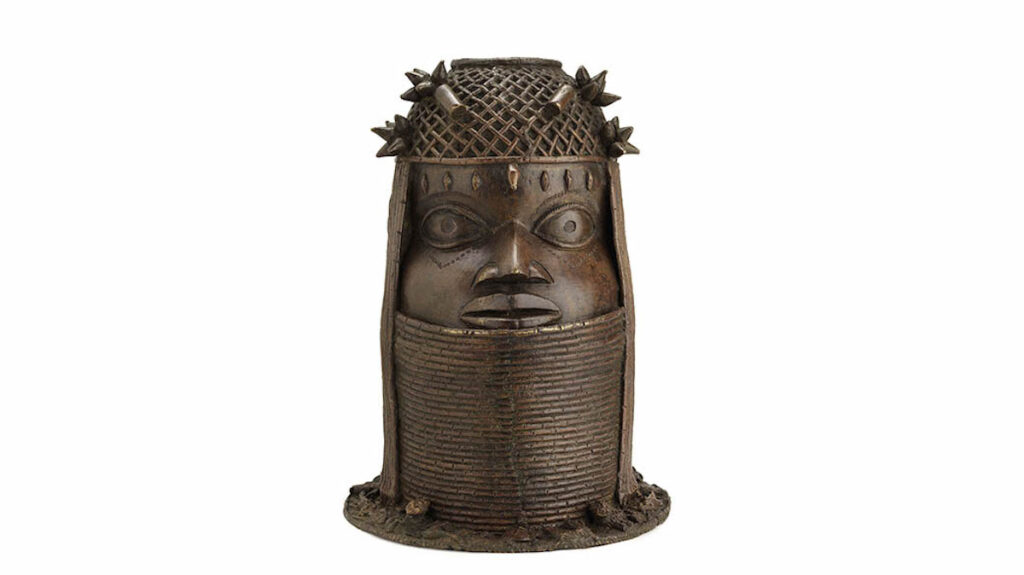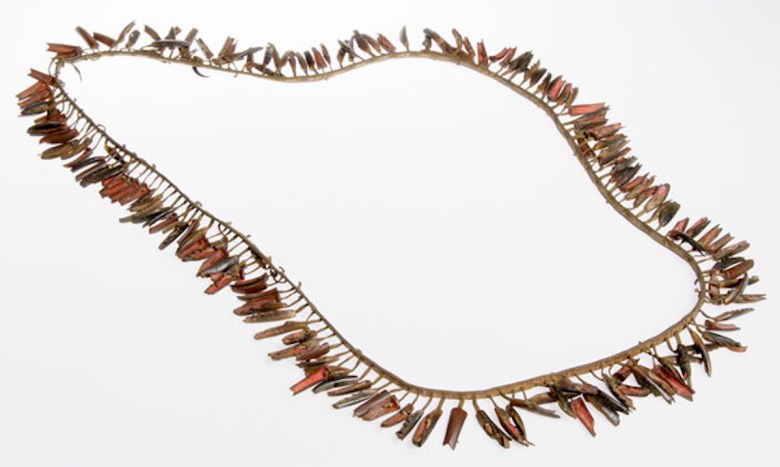
Glasgow City Council has announced that museums in Glasgow will be returning 17 Benin bronzes, seven Native American artifacts, and 25 Lakota pieces. Some of them were taken from the site of the 1890 massacre at Wounded Knee in South Dakota. The return represents the largest repatriation of cultural artifacts from a Scottish museum. According to Duncan Dornan, head of museums and collections at Glasgow Life, a non-profit organization that runs art institutions in the city, the repatriation of Indian antiquities is the first of its kind to India from a British museum.
The Benin bronzes still held in Glasgow institutions represent only a few thousand items taken from the royal palace of the Kingdom of Benin in what is now Nigeria. This happened during the 1897 Benin Expedition led by the British. During the expedition, countless civilians were killed indiscriminately. Archaeologist Dan Hicks called it a democidal scorched earth campaign.

Forced into exile, some bronzes ended up in the permanent collection of the British Museum, while others were advertised as personal trophies of colonial adventurism. Some of them were later put up for auction, causing these West African items to spread throughout Europe and North America.
Many Benin bronzes finally faced the prospect of returning to their homeland after a barren and lonely century in glass cases and pantries. The Smithsonian Institution announced that it was repatriating most of the 39 Benin bronzes in its collection.The Metropolitan Museum of Art returned two and facilitated the return of a third last fall. Germany, the Netherlands and France have variously stated their intention to return some, most or all of their Benin bronzes within the next few years.
A vote in Glasgow City Council fuels interest in a written request and public statements made by representatives of the Royal Palace of Benin and the government of Nigeria to the British Museum to return the bronze from its collection, which makes up the lion’s share of unmoored artifacts, more than 900 in all. The announcement follows an official written request that Glasg Life received in late January and a dialogue with the Nigerian Commission on Museums and Monuments (NCMM).

The process to return the bronze is estimated at £30,000 (~$39,000) and will be led by the Nigerian government, with ongoing discussions on how best to do this. For now, ownership of the bronzes will be transferred to NCMM and the artifacts will remain in Glasgow on loan until their physical return is possible.
For now, ownership of the bronzes will be transferred to NCMM and the artifacts will remain in Glasgow on loan until their physical return is possible. The 25 Lakota items include items taken from the Wounded Knee Massacre, where nearly 300 Lakota people were killed by the United States Army, as well as personal and ceremonial items. Glasgow will bear the cost of returning these items, which are estimated at around £40,000 (~$52,000).
Dornan said in a statement that by addressing past grievances, these returns would help these descendant communities heal some of the wounds caused by the wrongful removal of their cultural artifacts and lead to the development of positive and constructive relationships between Glasgow and communities around the world.
























